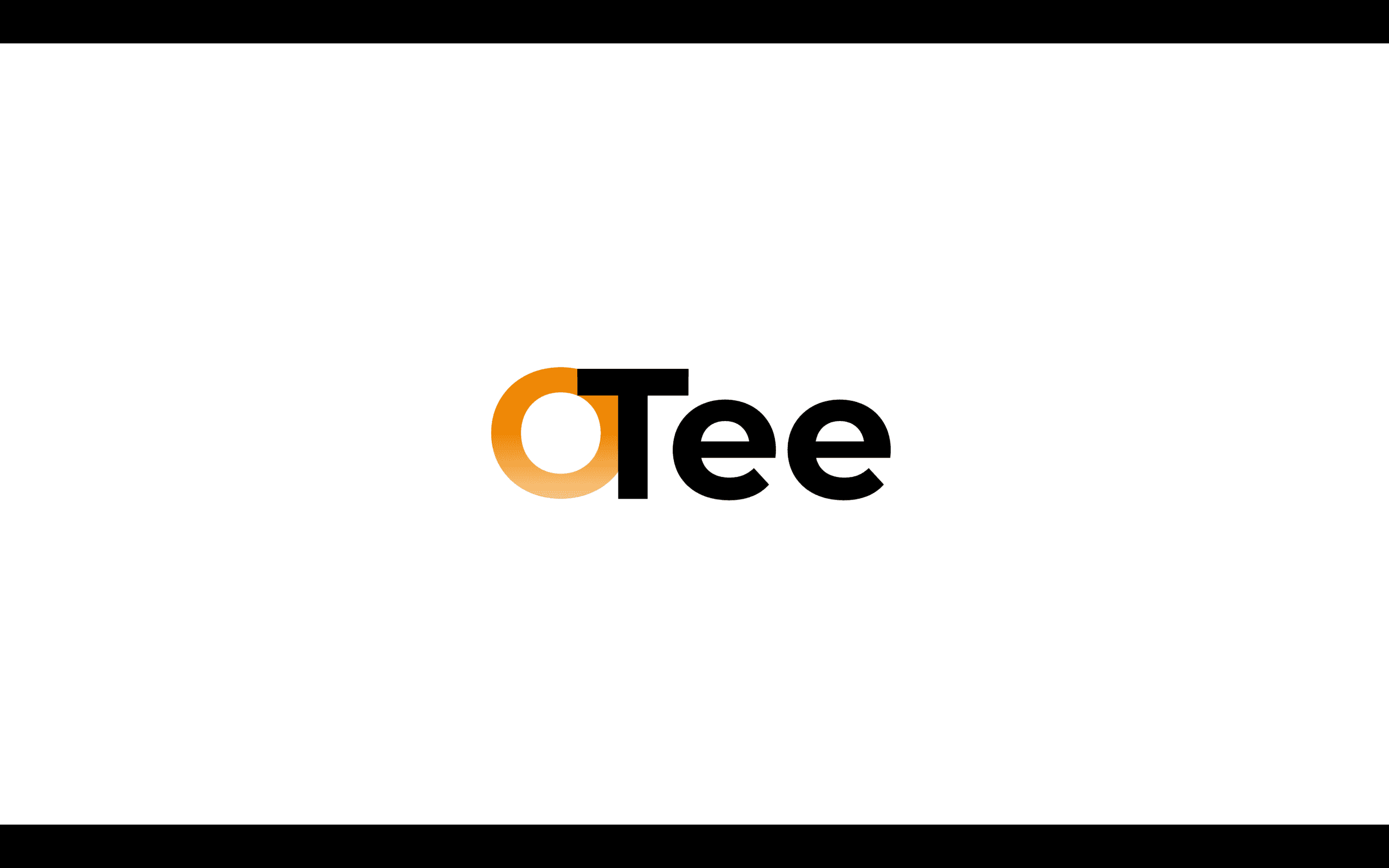Location: on-site/remote aligned with European CET/CEST
At OTee, we’re rethinking industrial automation from the ground up. Our momentum is driven by a clear market need across geographies and a strong support from strategic, international investors. If you've been looking for a place where your work can shape an entire industry—and where you'll feel the energy of real progress every day—this is it. You’ll be joining a lean but growing team that values curiosity, technical excellence, and impact.
As an Embedded Systems Engineer at OTee, you will be instrumental in shaping the system architecture, embedded capabilities, and runtime framework of our next-generation platform for industrial automation. You’ll work at the intersection of system integration, hardware-software co-design, and embedded engineering—ensuring secure, scalable, and high-performance systems. This is a rare opportunity to architect innovative systems while being hands-on with embedded runtime components, drivers, and connectivity solutions.
- Design and document robust system architectures for complex industrial automation processes.
- Collaborate with cross-functional teams to define system specifications, interfaces, and protocols.
- Ensure the interoperability of hardware and software subsystems, including integration testing and validation.
- Contribute to the development and optimization of the OTee Runtime Framework, with a focus on PLC code compilation and embedded performance on a variety of hardware.
- Develop and maintain device drivers, ensuring seamless operation across a wide range of hardware platforms.
- Implement wired and wireless communication protocols to support industrial connectivity.
- Conduct rigorous system and runtime component testing, identifying and debugging performance bottlenecks.
- Implement and maintain high standards for memory management, execution speed, and runtime reliability and security.
- Ensure compliance with relevant industry regulations and standards.
- Create technical documentation for internal and external stakeholders, covering architecture, drivers, connectivity, and configuration options.
- Actively participate in CI/CD process improvements and contribute to versioned builds, testing pipelines, and deployability.
- Work cross-domain with IT and OT engineers to ensure common trajectory and consistent, stable implementation.
- Maintain and evolve community components (PLCs, modules, libraries), including quality assurance, approval workflows, and contributor support.
- Conduct product demos and provide reusable project templates to empower our growing developer and integrator community.
- Plan and conduct usability and functionality testing to validate real-world performance and developer experience.
At OTee, we're building a world-class engineering team—and that means we're looking for people who don’t just meet the requirements, but exceed them. You should be driven to stay on top of the latest technologies and methodologies, eager to learn rapidly, and capable of producing high-quality results under evolving demands. This role demands speed, precision, and a constant hunger for improvement. If you're excited by the idea of setting new standards in industrial automation, you’ll fit right in.
- Bachelor’s or Master’s degree in Electrical Engineering, Computer Engineering, Systems Engineering, or related field.
- Proven experience in embedded systems programming, device driver development, and system integration.
- Knowledge of industrial automation technologies, open-source frameworks, and control system stacks.
- Familiarity with runtime systems, PLCs, and industrial protocols is a strong plus.
- Proficiency in Rust/C/C++ and scripting languages for embedded development.
- Experience with connectivity protocols (e.g., Modbus, OPC UA, MQTT).
- Security-conscious engineering practices and a drive to deliver robust, production-grade solutions.
- Creative Vision: Able to see the big picture while innovating on deep technical systems.
- Collaborative Mindset: Enjoys cross-team collaboration and is open to feedback and iteration.
- Detail-Oriented: Cares deeply about quality, from code to architecture diagrams to user experience.
- Resilient & Adaptive: Thrives in dynamic environments and rapidly changing priorities.
- User-First Thinker: Focuses on practical solutions that truly serve developers, operators, and customers.


